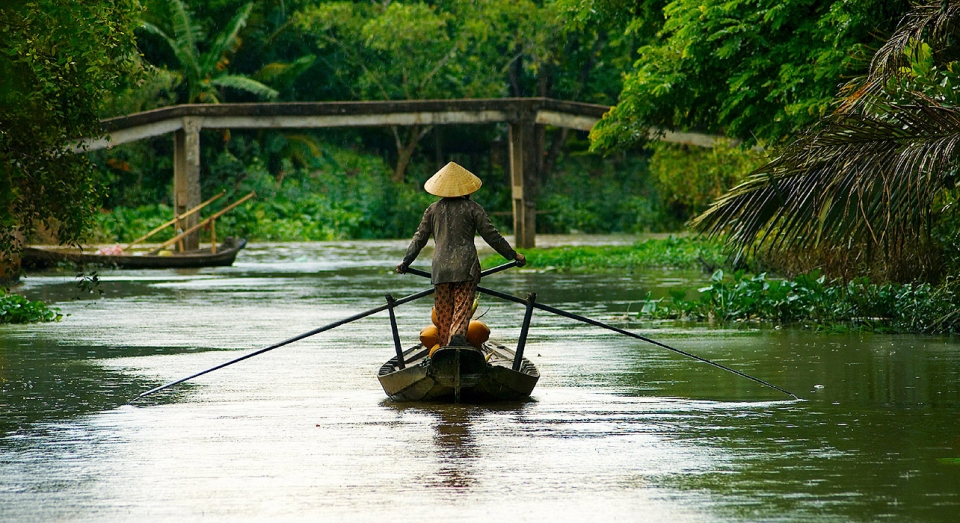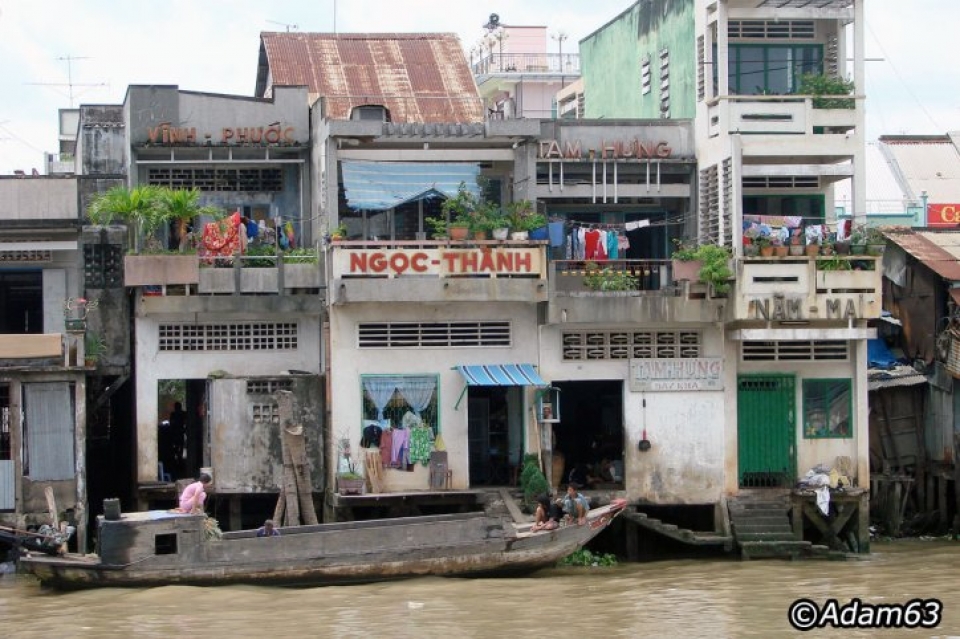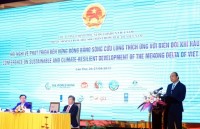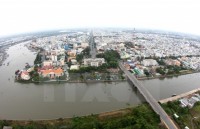
Vietnamese farmers are migrating en masse to escape climate change
Latest
| TIN LIÊN QUAN | |
| Mekong Delta to improve tourism services | |
| Mekong Delta sustainable development conversion model to be discussed | |
The article “Climate change is triggering a migrant crisis in Vietnam”, written by Alex Chapman and Pham Dang Tri Van has pointed out the exodus in Mekong Delta region, leaving it with less and less farmers.
Based on the research of the authors, over the last ten years, around 1.7 million people have migrated out of the vast expanse of fields, rivers, and canals of the Mekong Delta, while only 700,000 have arrived. On a global level, migration to urban areas remains as high as ever: One person in every 200 moves from rural areas to the city every year. But the high net rate of migration away from Mekong Delta provinces is more than double the national average, and even higher in its most climate-vulnerable areas. This implies that there is something else—probably climate-related—going on here.
 |
| Life in the Mekong Delta revolves much around the river, and many of the villages are often accessible by rivers and canals rather than by road. (Photo: Wilderness Travel) |
In 2013, while visiting An Thạnh Đông commune in Sóc Trăng Province, the two authors found out that the commune had lost its entire sugar cane crop after unexpectedly high levels of saltwater seeped into the soil and killed the plants. Those without a safety net were living in poverty. Over the following weeks, hundreds of smallholders, many of whom had farmed the delta for generations, were aware that their livelihoods would soon be untenable.
In 2015-2016, disaster struck with the worst drought in a century, destroyed at least 160,000 ha of crops. In Kiên Giang (pop. 1.7 million), one of the worst affected provinces, the local net migration rate jumped and in the year that followed around one resident in every 100 left.
The article also quoted the study by Vietnamese academics - Oanh Le Thi Kim and Truong Le Minh of Van Lang University, pointing out that the largest factor in individual decisions to leave the Delta might not be the desire to escape poverty anymore. According to the study, climate change is the dominant factor in the decisions of 14.5% of migrants leaving the Mekong Delta. If this figure is correct, climate change is forcing 24,000 people to leave the region every year.
 |
| Being a low-lying coastal region, the Mekong Delta is particularly susceptible to floods resulting from rises in sea level due to climate change. |
Chapman and Pham believed that the migration in the Delta is caused by climate-linked factors. In some places, erosion has caused the loss of 100 meters (328 feet) of coastal belt, affecting hundreds of thousands of households. Only a few of them are able to switch their livelihoods to salt-water tolerant commodities.
Even though actions have been carried out by government and communities in developing countries around the world, but the article argued that a further group of people is being forced to migrate from the Mekong due to decisions originally taken to protect them from the climate. Thousands of kilometres of dykes, many over four metres high, were built principally to protect people and crops from flooding. However, those same dykes have fundamentally altered the ecosystem, which caused the poor and the landless can no longer find fish to eat and sell. The dykes also prevent free nutrients being carried onto paddies by the flood.
The authors believed that climate change threatens to worsen the existing trends of economic migration. They claim that traditional approaches to achieving economic growth only benefit those living in relative wealth and put vulnerable in more difficult situations. This was demonstrated most dramatically by the rise of undernourished people on earth by 38 million last year — a shift for which climate change is partly responsible. This took place despite global GDP growth of 2.4%.
The academists concluded that facing these failures, society must prepare an equitable and sustainable response to climate change and what seems a looming migrant crisis.
 | PM calls for foreign support for Mekong Delta development Prime Minister Nguyen Xuan Phuc met with foreign diplomats in Vietnam attending the Conference on Sustainable and Climate-Resilient Development of the Mekong Delta in Can ... |
 | PM asks Mekong Delta to develop smart, sustainable agriculture The Mekong Delta, the largest granary of Vietnam, must work for smart and sustainable agriculture with high added values, Prime Minister Nguyen Xuan Phuc said ... |
 | Mekong Delta city strives to increase resilience capacity As a centre of the Mekong Delta, Can Tho is expected to pioneer in the enhancement of urban resilience in Vietnam, heard a workshop held ... |





















